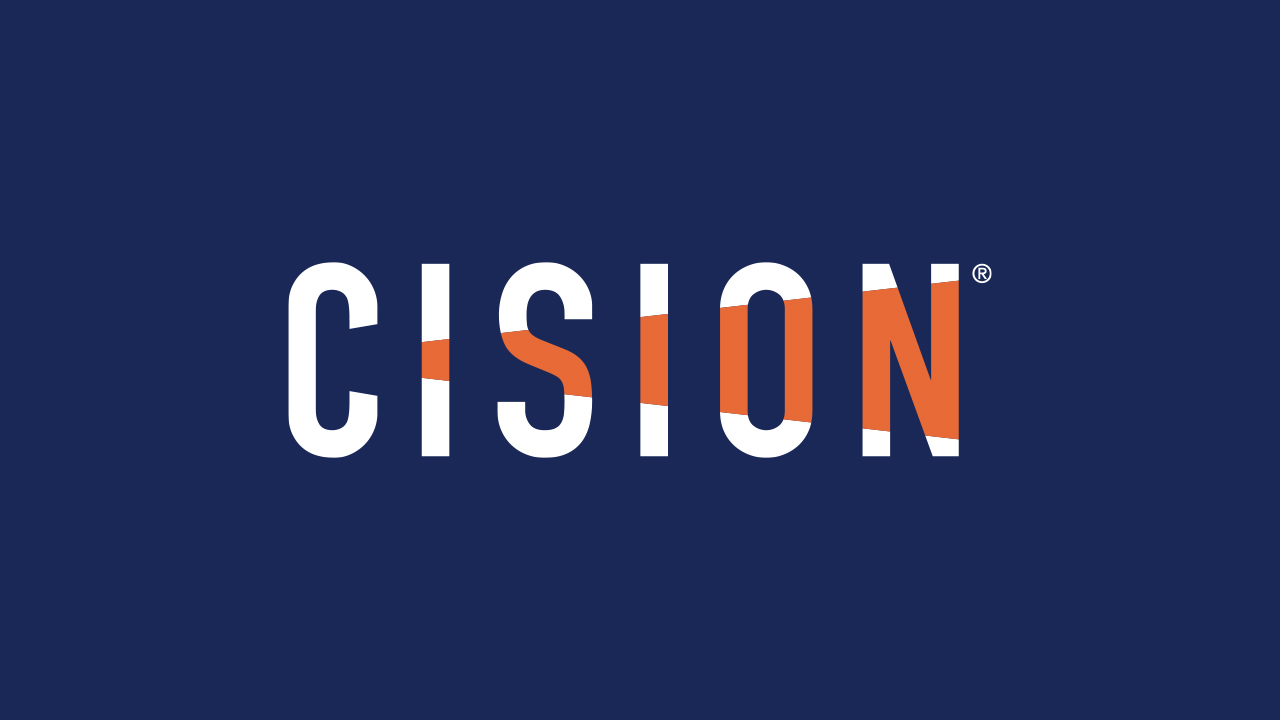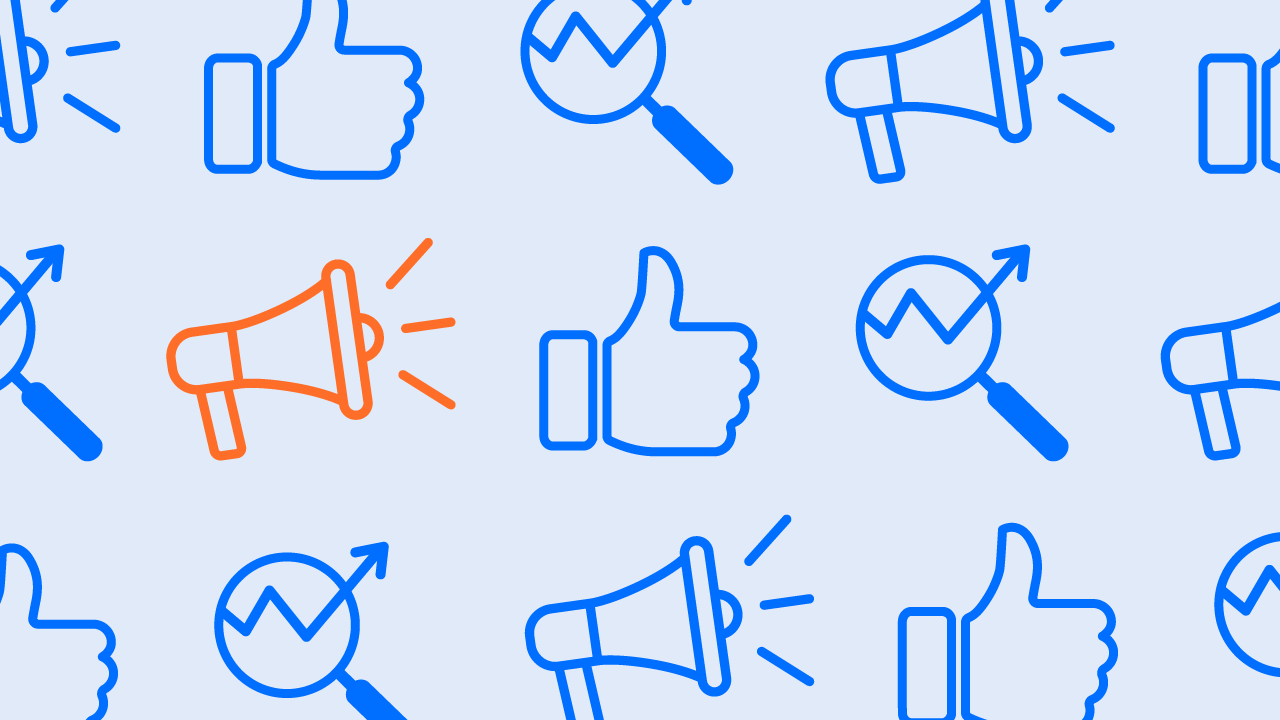At a time when information - and misinformation - travels at the speed of light, brand monitoring has become critical to the role of PR and corporate communications professionals. Brands, and those tasked with managing brand reputation, must be diligent in tracking what’s being said about their brand, their competitors, and the industry at large.
Yet according to the 2024 Global Comms Report, only 22% of PR and corporate communications leaders rate their teams as “excellent” in their ability to understand the drivers of brand reputation.
This underscores the need for brands to invest in effective brand monitoring tools. The best brand monitoring tools not only track mentions, but also analyze the context and sentiment behind them. With the number of platforms and the volume of content growing daily, having a system in place that can sift through the noise and identify what matters most is critical.
Modern brand monitoring tools are designed to automate this task, allowing PR teams to stay informed and react swiftly to any mentions, comments, or reviews that could impact their brand.
Moreover, the right brand monitoring tools can empower PR teams to take proactive approach to brand management - whether through social media listening, competitor analysis, or customer feedback aggregation - to crisis awareness and prevention.
Perhaps most importantly, these tools aid PR, marketing, and communications teams make data-driven decisions that enhance brand reputation, build stronger relationships with customers, and ultimately impact the bottom line.
Understanding Brand Monitoring
Brand monitoring enables PR and communications teams to track their brand's reputation across various platforms to understand how it. This entails analyzing such metrics as brand mentions and customer sentiment to maintain a positive image and respond swiftly to any issues that could impact the brand.
Brand Monitoring Fundamentals
In its most basic form, brand monitoring involves tracking any mention of your brand across different media channels, including social networks, forums, blogs, and news outlets. This encompasses both direct mentions and those that may not tag our brand but discuss it nonetheless.
The aim is to gather data that will reflect:
Brand mentions: A tally of occurrences where the brand is cited.
Sentiment analysis: An evaluation of the context in which the brand is mentioned: positive, neutral, or negative.
Reputation management: We steward the perception of our brand based on the information gathered.
Importance of Brand Reputation
Your brand's reputation can have a direct impact on customer trust and, ultimately, business success. Maintaining a positive reputation is crucial as it influences:
Consumer decision-making: A strong reputation encourages consumer purchases.
Brand loyalty: A positive perception fosters customer retention.
Competitive edge: A reputable brand can stand out in a crowded marketplace.
By continuously monitoring and managing your reputation, you can safeguard your brand's integrity and build brand equity.
Difference Between Brand Monitoring and Social Listening
While both practices are critical, they serve distinctive purposes:
Brand Monitoring:
Tracks explicit mentions of the brand.
Focuses primarily on the brand's reputation and mentions.
-
Analyzes broader market trends and consumer sentiments.
Investigates beyond your brand to include industry trends and competitor actions.
Understanding the difference between the two enables PR teams to tailor their strategies for maximum efficiency in managing their online presence.
Key Brand Monitoring Metrics
Today’s PR measurement tools offer no shortage of metrics to track - to the point where some teams struggle to understand which metrics they should be focusing on. Below, we’ve identified the quantifiable metrics most critical to sufficiently tracking the health of your brand, and its impact in the market. .
Sentiment Analysis and Brand Sentiment
Sentiment analysis digests the qualitative data of customer opinions, categorizing them into positive, negative, or neutral sentiments. Measuring brand sentiment, the collective sentiment of your customer base,provides a better understand of the public perception of your brand.
Measuring Reach and Engagement
Reach signifies the total number of unique users who encounter your brand, whereas engagement - which includes, likes, shares, and time spent on digial assets - shows how your audience is interacting with your brand.
Both reach and engagement demonstrate the extent to which your brand is resonating with your target audiences.
Analyzing Share of Voice
Share of Voice (SOV) quantifies your brand's media coverage in comparison to your competitors..
Brand Growth and ROI
Brand growth can be measured by key performance indicators like customer base size, market share, and sales volume - and watching how those increase over time.
Return on Investment (ROI) offers a direct measure of the profitability from your branding efforts, enabling you to assess the efficiency of your PR strategies.
Evaluating Brand Monitoring Tools
According to the Global Comms Report, nearly 1 in 2 PR and corporate communications leaders say that identifying the best tools for their teams is among their biggest challenges. If this finding resonates with you, we’ve outlined some of the features and functions to look for when evaluating brand monitoring tools, and have included a list of the best tools currently out there.
Key Features and Functionalities to Look For
Brand monitoring tools offer a range of capabilities that are critical to understanding and managing your brand's online presence.
Reputation Monitoring: Continuously scan for mentions of your brand to gauge public perception.
Competitive Intelligence: Analyze competitors' online presence to strategize accordingly.
Consumer Insights: Collect data on customer opinions and preferences.
Trend Tracking: Identify and follow market trends for better positioning.
Campaign Analysis: Evaluate the performance of marketing initiatives to refine strategies.
A platform that offers real-time monitoring is ideal, as it enables you to react promptly and swiftly to critical mentions of your brand.
Use Cases for Brand Monitoring Tools
In addition to monitoring brand mentions, there are a variety of reasons to invest in a brand monitoring tool. Consider these other applications for brand monitoring tools:
Reputation and Crisis Management
Brand monitoring tools allow PR professionals to track mentions of their brand, products, executives, and competitors across various media, in real time, so they can get instant insights that enable them to respond promptly to any potential issues or crises that could damage the brand's reputation.
Competitive Intelligence
Brand monitoring tools aren’t just for tracking your brand, but your competitors’ brands as well. They enable you to gather insights into competitors’ PR and marketing strategies, which can inform your own competitive positioning.
Influencer Identification
Brand monitoring tools can help identify influential individuals or publications discussing topics related to your brand, and consider partnering with these influencers to further amplify your brand messaging.
Campaign Measurement
These tools track the success of PR campaigns by monitoring media mentions, sentiment analysis, reach, and engagement metrics across different channels. This data helps evaluate the efficacy of campaigns and can guide future strategies.
Customer Feedback
Brand monitoring tools can uncover critical customer feedback and sentiment related to your brand, uncovering opportunities to improve the customer experience and enhance brand loyalty.
The Best Brand Monitoring Platforms to Consider
Investing in the right tool or set of tools is crucial for effective brand monitoring. Different tools have unique capabilities, and it is important that you look for the one that is right for your brand, your team, and your needs. There are a wide variety of tools available today, each with their unique differentiators; we’ve identified five of the best brand monitoring platforms for every type of PR and comms team.
CisionOne
CisionOne offers comprehensive media monitoring across print, online, broadcast, and social media. It also features powerful analytics and reporting, with real-time insights and alerts. Customers love it for its user-friendly interface and efficiency.
Ideal for: Small businesses and startups without a well established PR and comms function; mid-market corporate comms teams; small- and medium-sized PR agencies who need a more accurate view of their media coverage in an intuitive platform.
Brandwatch
Brandwatch is a robust social media monitoring and analytics platform that provides deep-dive views into consumer sentiment and trend analysis. Brandwatch provides competitive intelligence around the social conversations that can impact a brand's reputation.
Ideal for: Marketing teams across all business sizes who want in-depth insights to better understand their customer base and identify opportunities to get in front of new audiences.
Hootsuite
Hootsuite focuses primarily on social media management and publishing, but offers basic monitoring and analytics features across platforms to understand engagement.
Ideal for: Companies with a strong focus on social media marketing and engagement who also want basic analytic capabilities.
Google Alerts
Google Alerts is a free web monitoring tool that provides notifications of brand mentions. Though it doesn’t offer the depth of other, paid platforms, it provides a good starting off point for brands just experimenting with brand monitoring.
Ideal for: Small businesses or startups who want to keep a pulse on their brand and industry but do not have extensive brand monitoring needs.
SEMrush
SEMrush takes a multifaceted approach to web monitoring, with tools tailored for SEO, PPC, and more. The platform provides insights into keyword positioning and brand mentions to bring organic traffic to campaigns and understand brand performance against competitors.
Ideal for: Content marketing teams within PR agencies or in-house PR teams who want to understand how their content is performing, increase organic traffic to campaigns, and do competitive content analysis.
Brand Monitoring Tool Strategies and Applications
Brand monitoring tools not only help PR teams keep track of mentions, but they provide deeper understanding into the nature of conversations around your brand. Consider the following strategies for gaining enhanced insights that empower stronger brand management.
Identifying and Understanding Keywords
Keywords in conversations can signal trends and topics associated with your brand. Brand monitoring tools help identify high-traffic keywords and understand their context.
Monitoring Competitor Conversations
Staying ahead requires an awareness of our competitors' strengths and weaknesses as perceived by the market. Brand monitoring tools enables teams listen in on conversations about competitors to understand their positioning and customer sentiment. Further, you can benchmark your performance against your competitors and identify opportunities to differentiate your brand.
Evaluating Customer Feedback and Reviews
Customer reviews and feedback are gold mines for improving customer service and product development. Through a structured analysis of reviews, brand monitoring tools can uncover patterns and common issues that need addressing.
Detecting and Addressing Negative Comments
In the realm of reputation management, detecting negative comments swiftly is crucial. Brand monitoring tools assess and categorize the sentiment of comments to address negative feedback effectively.
Optimizing Brand Monitoring Efforts
To fully leverage brand monitoring tools and get the most benefit from them, PR teams must home in on specific tactics that encompass search engine optimization, customer interactions, performance benchmarking, and robust reputation management.
Incorporating SEO into Brand Monitoring
Integrating SEO best practices into your brand monitoring efforts will ensure your brand is prominently visible in organic search results. This entails tracking keywords relevant to your brand and industry, and analyze the search terms that lead users to your website and campaign efforts.
Benchmarking and Continuous Improvement
Incorporate regular benchmarking to keep track of where your team's efforts are excelling, and where they could use improvement. Establishing KPIs to track and monitor progress will help ensure your brand monitoring strategies are yielding the desired outcomes and driving continuous improvement.
Advanced Techniques and Technologies
We're at the forefront of brand monitoring, where machine learning, social media analysis, and evolving market research techniques are transforming how we understand and engage with our audiences.
Utilizing Machine Learning for Enhanced Monitoring
Machine learning (ML) is revolutionizing brand monitoring by enabling PR teams to process and analyze vast amounts of data quickly and accurately.
PR teams can harness ML to identify patterns and trends in brand mentions across various platforms, allowing for real-time insights into brand reputation.
Tools equipped with ML can predict consumer behavior, improve product development, and offer competitive analysis by sifting through complex datasets that traditional monitoring tools may overlook.
Innovations in Social Media Listening
Social media listening has expanded beyond mere keyword tracking. It now involves utilizing advanced algorithms to interpret the tone, context, and sentiment behind social media interactions.
This nuanced approach provides a clearer picture of public perception and aids in the development of sharper, more effective social strategies.
Platforms like Ahrefs not only track social mentions but also analyze competitor performance, which is critical for competitive analysis and identifying opportunities in product development.
Evolving Market Research Techniques
Market research techniques are evolving with a greater focus on analytics and data-driven decision-making. PR teams can take advantage of these techniques by integrating traditional market research with modern data analysis.
These techniques can uncover deep insights into consumer behavior and market trends, and lay the foundation for proactive product development and optimizing our marketing strategies.
Adopting innovative tools and methodologies enables PR and comms teams to anticipate shifts in the market and adapt their strategies accordingly.
Implementing Brand Monitoring
Ensuring a successful implementation of your brand monitoring platform requires starting with robust tools, customizing your tracking parameters, engaging with influencers to amplify your message, and continuously analyzing and adapting your strategies.
Starting with the Right Tools
Choosing the right set of tools is crucial for effective brand monitoring. Our guide above outlines some of the best options for today's PR and comms teams. Overall, it's best to look for tools that offer comprehensive coverage across various platforms.
Customizing Alerts and Tracking
Alerts are the cornerstone of a proactive brand monitoring approach, providing real-time updates of key brand mentions and relevant content.
By customizing alerts, PR teams can focus on high-value and business critical key words that will have the most impact on the brand.
Real-time tracking ensures PR teams never miss an opportunity to engage with their audience, respond to hot topics or timely news, or respond to a developing issue.
Engaging Influencers and Building Relationships
Influencer engagement is more than just sending out free products; it's about building long-term relationships.
By using tools to identify and track the right influencers for your brand, you can your messaging aligns with individuals who can authentically represent your brand.
Measuring Success and Adapting Strategies
Success in brand monitoring isn't a static metric—it's about the ongoing adaptation of PR and marketing strategies.
By measuring KPIs such as engagement rates, conversion rates, and the sentiment of mentions, PR teams can stay ahead of their progress and iterate on your strategies.
Frequently Asked Questions on Brand Monitoring Tools
How can brand monitoring tools improve my brand's online reputation?
The right brand monitoring tools enable PR teams to track and respond to customer feedback, manage their brand's presence, engage with audiences in a timely manner, and address issues promptly in order to maintain a positive brand image.
Are there any effective brand monitoring tools available for free?
Yes, there are effective brand monitoring tools that offer free versions with basic functionalities such as Google Alerts; however, paid platforms tend to offer more advanced features and more robust capabilities.
How does brand tracking differ from brand monitoring in digital marketing?
Brand tracking is more about measuring brand health and performance over time, focusing on metrics like brand awareness and perception. Brand monitoring focuses on listening to brand mentions in real time, enabling teams to quickly respond to conversations and more effectively manage the brand's reputation.
What are the most effective features to look for in brand monitoring services?
Those features will vary based on your team’s unique goals and needs, but some common ones to prioritize are: sentiment analysis, real-time alerts, competitive intelligence, and the ability to respond directly to mentions. These functionalities empower teams to stay ahead of brand conversations and to measure the impact of your PR strategies.
If you’re considering brand monitoring tools, see how CisionOne’s unique features and capabilities can help you meet your team’s needs. Explore CisionOne now or schedule time to speak to an expert today.








